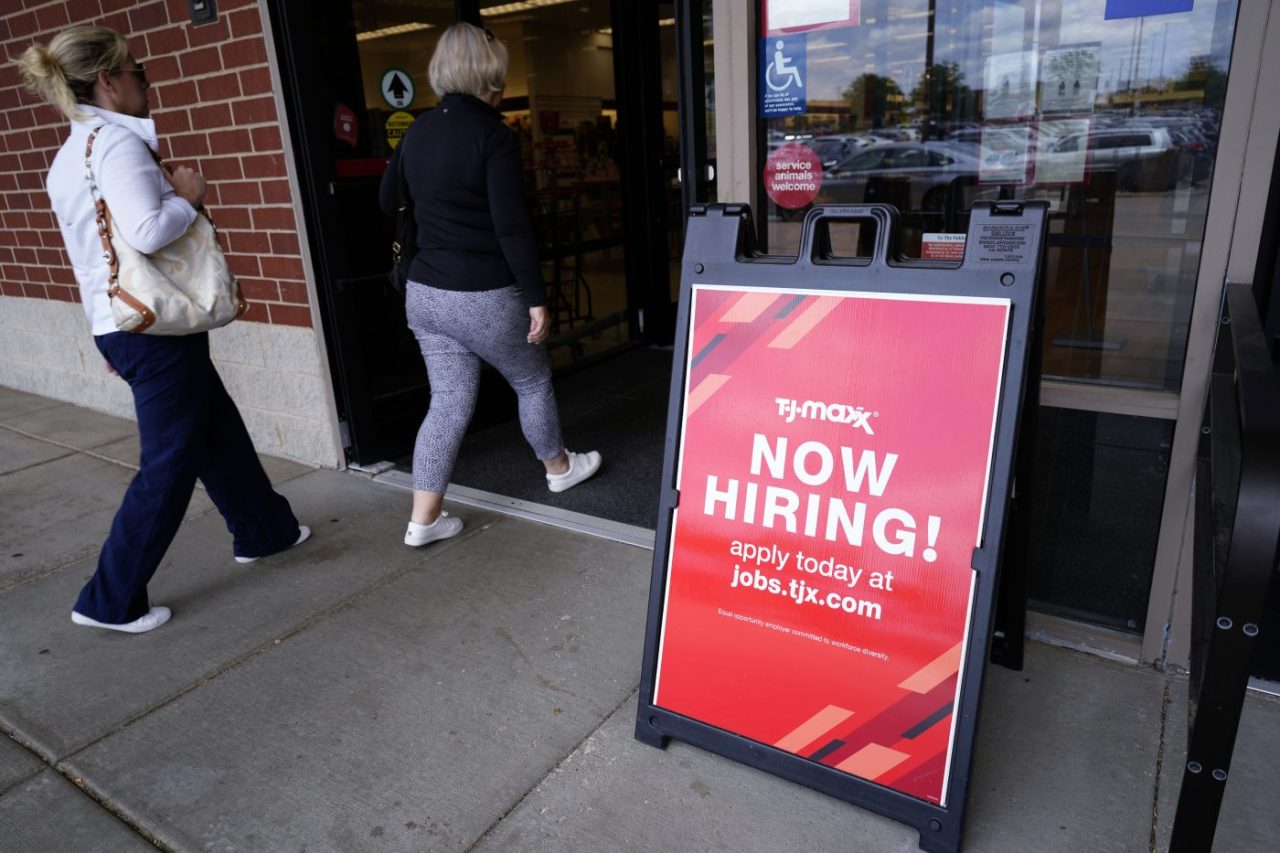The U.S. added a whopping 336,000 jobs in September and the unemployment rate stayed even at 3.8 percent, according to data released Friday by the Labor Department.
The September jobs report far exceeded expectations after several months of slowing employment gains.
Economists projected the U.S. to have added 170,000 jobs last month, according to consensus estimates, and knock the jobless rate down to 3.7 percent. The U.S instead added nearly twice that number without making a dent in the unemployment rate.
The US also added 119,000 more jobs than previously reported in July and August, according to revisions released by the Labor Department on Friday.
The surprisingly strong September jobs report followed several months of shrinking job gains, rising unemployment and other signs of an economic slowdown.
While the September jobs surge may be good news for Americans wary of a recession, it poses a new challenge for the Federal Reserve as it plots the next steps in its battle against inflation.
[UPDATE] Links to the actual report in case you want to read it:



What do they mean when they added more jobs? Does that mean 336k people became employed, or 336k jobs were posted by companies? Because I’ve been laid off for a year and I see the same job, I did a 7 round interview for being habitually reposted for the last 6 months.
For this data, it’s 336k more people employed. There is a different survey called JOLTS (job opportunity labor turnover survey, I believe) that counts job openings.
The reposted job would count as a job opening in that survey, and since you applied and are thus actively looking for work, you would count as unemployed for U3 unemployment. U6 is the one that disregards your intentions and just counts if you are working or not (but like stay at home moms count as unemployed in U6 even if they aren’t looking for work).
So there’s a lot of ways to look at the data.
Thanks fren!
Neither of those. There are 336k more people employed.
Just not that guy